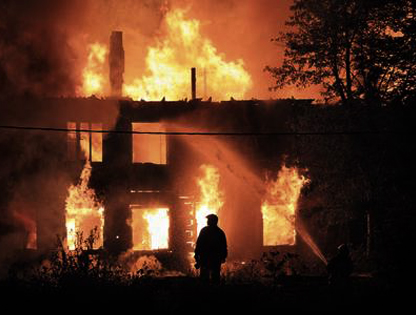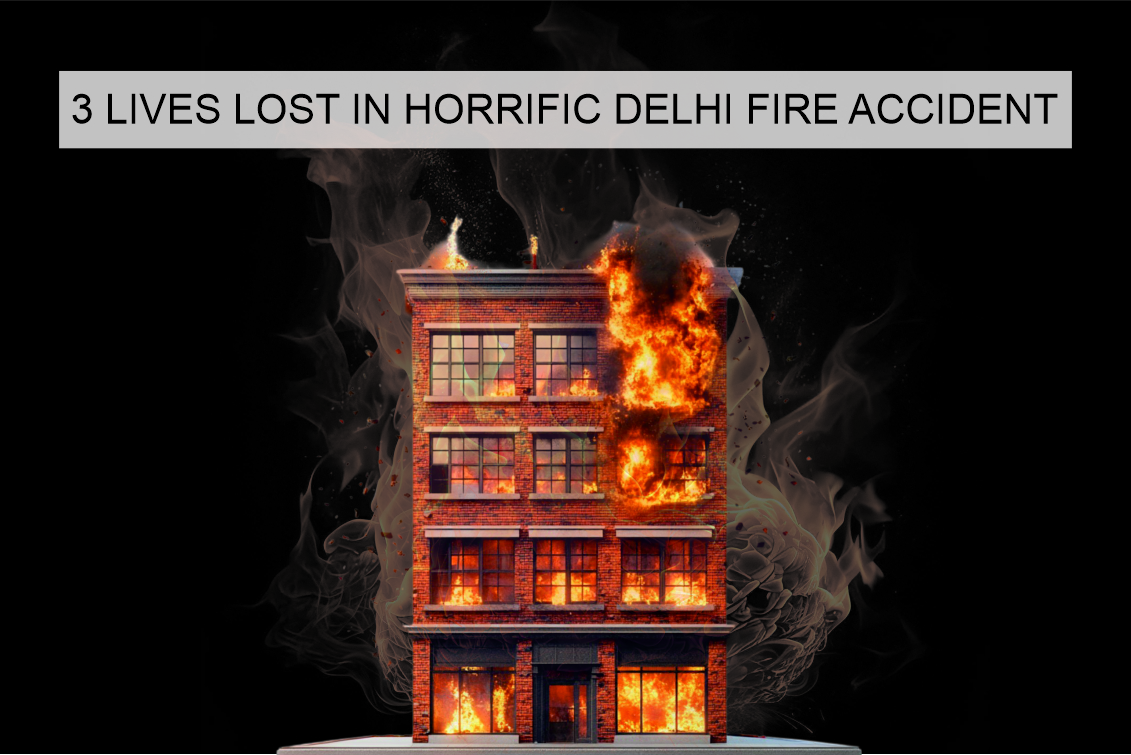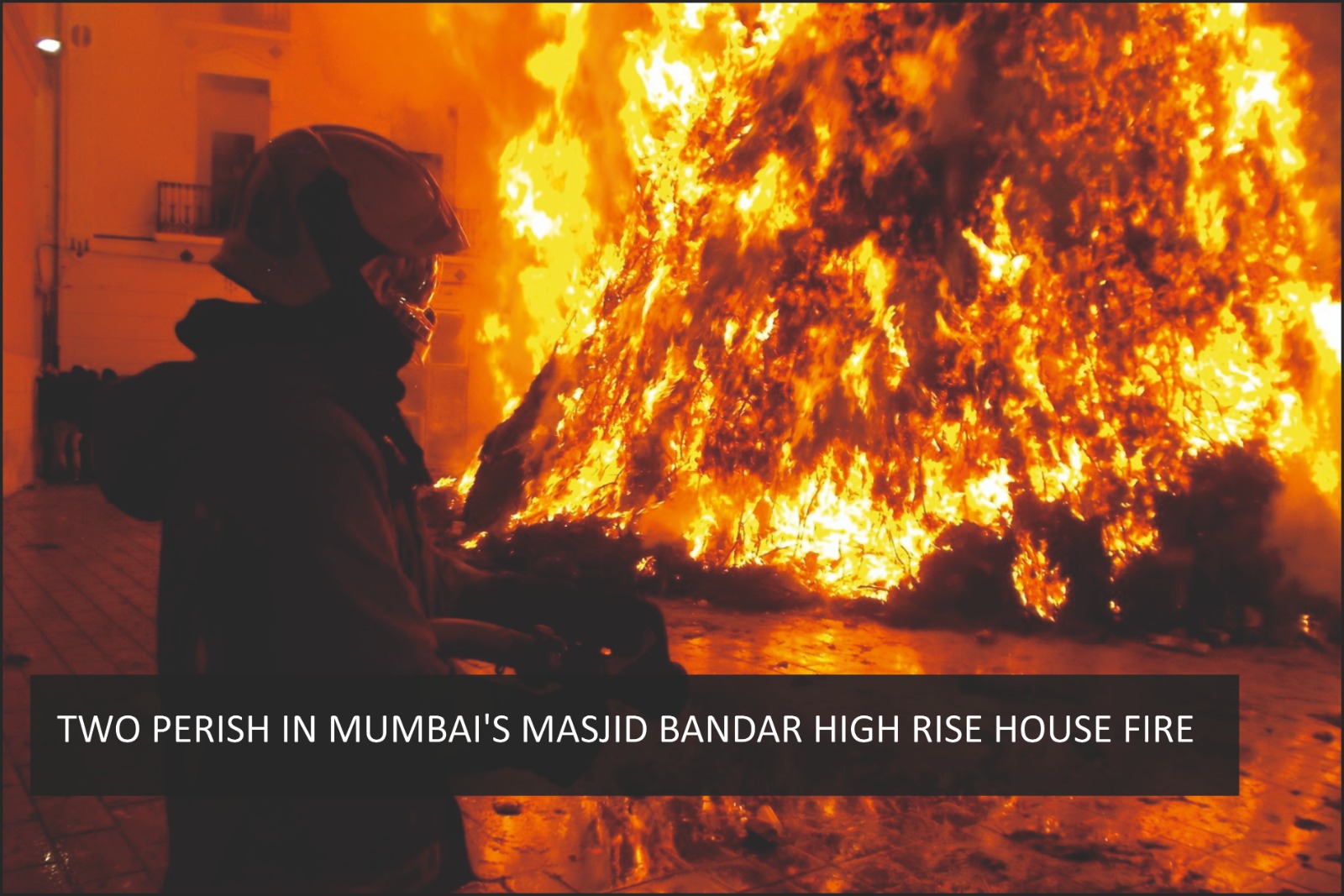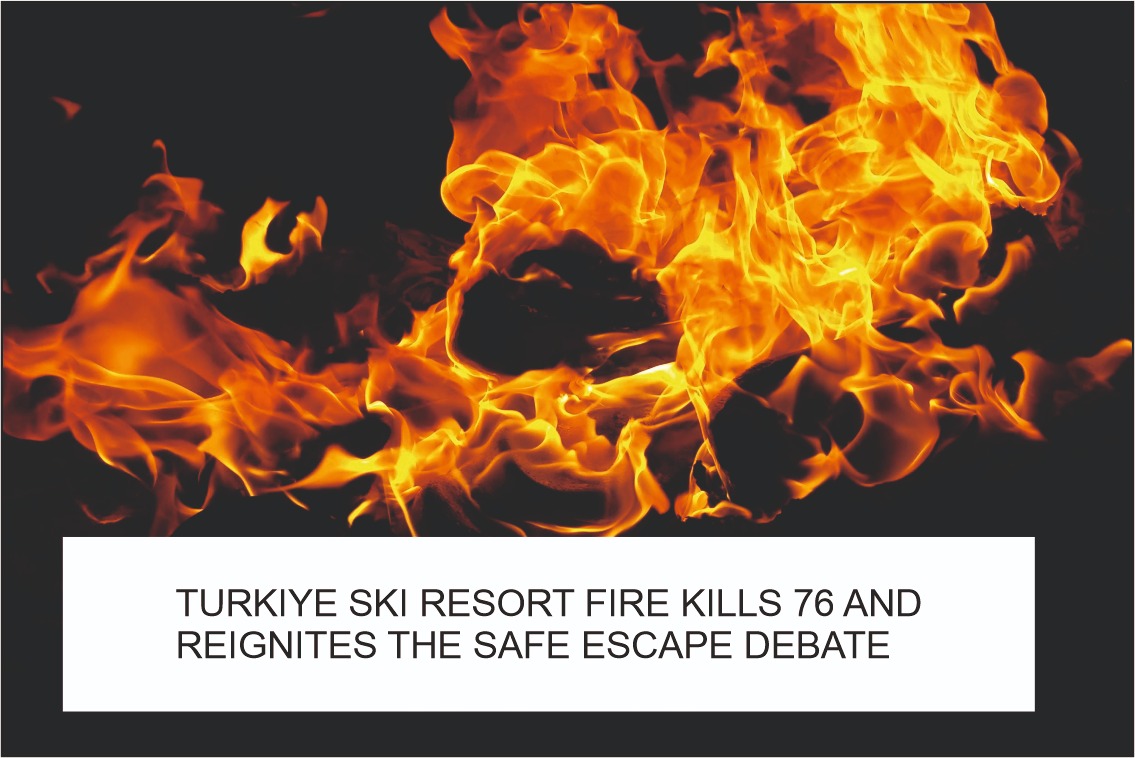Are fire accidents actually "accidents"?
04/02/2019
By : Prolite Autoglo

Fire accidents happen too often, a little too often. While technologies and fire fighting paraphernalia have adapted and grown with time, there seems no lessening of fire accidents. So the question we need to ask is are these recurring mishaps actually “accidents”?
Let us take two of our most important mega cities-Delhi and Mumbai- and check out some statistics of big fire accidents as below:
Here is a list of some major fires in Delhi and the national capital region:
February 7, 2019: Scores of patients and staff at Noida’s Metro Hospital and Heart Institute had to be evacuated after a major fire.
January 30, 2019: Four people were injured in a fire at a chemical factory in Okhla Phase-I in southeastern Delhi.
Nov 19, 2018: Four people were killed and one person was injured after a fire broke out at a factory in central Delhi’s Karol Bagh.
May 29, 2018: A massive blaze, which fire officials said was of “highest magnitude”, broke out at a godown in south Delhi’s Malviya Nagar. No casualty was reported.
April 23, 2018: At least 300 shanties were gutted after a major fire broke out in Shahdara’s MS Park. A girl was killed in the fire.
April 13, 2018: Four members of a family, including two minor children, were killed in a major fire in Delhi’s Kohat Enclave.
January 20, 2018: At least 10 women and seven men were charred to death in a fire that broke out in a firecracker unit in northwest Delhi’s Bawana industrial area.
November 20, 2011: Fourteen people died and over 30 were injured when a fire broke out at a community function of eunuchs in Nandnagari in east Delhi.
June 13, 1997: A fire broke out at the Uphaar theatre during the screening of Bollywood film ‘Border’, killing 59 people and injuring over 100.
Here is a list of some major fires in Mumbai the commercial capital and surroundings:
There have been over 49,000 incidents of fire in Mumbai in the last one decade, killing more than 600 people, the Maharashtra government said last November. Now here’s the crunch- Faulty electricity systems caused 33,946 blazes, 1,116 incidents were due to gas leakage while 14,329 cases were due to other reasons, Minister of State for Urban Development Ranjit Patil said.
Now if we are to ask ourselves why do we allow for faulty electrical systems and gas leakages in the first place? A faulty electrical system is a human error because using certified products and regular checking of wirings should be the norm and while we have no way to ascertain how many fire accidents could have been prevented from happening if that basic precaution was taken surely the number of 33,946 could have been much less.
Coming to gas leakages, gas smells so definitely the cylinder delivered to you and me does not come with the leakage. So again the question of vigilance and common sense comes into the picture. Gas knobs cannot be left open for long hours of idling. Gas cylinders cannot be stored or used in the immediate proximity of flammable stuff. Smoking or using insecticides etc near a gas cylinder-whether in use or not in use- is a hazard consciously avoided. Establishments using cylinders must be fire protected and licensed by the concerned authorities. If therefore, any of the 1,116 incidents were because of laxity in any of these areas, then the fire is hardly “accidental”.
PREVENTION IS BETTER THAN CURE
Fire prevention is the first step towards effective fire protection. Where enclosed spaces are concerned, there is first the building code that contains non-negotiable guidelines concerning fire extinguishers, safety signs, photoluminescent signages and route markers and other basic inbuilt safeguards such as unhindered emergency exit points, fire alarms etc.
Thereafter, there are fire safety audits, licenses and permits from the concerned authorities and also regular check- ups and maintenance protocols to make sure that the premises remain fire safe always. After that comes the individual vigilance and awareness to ensure that if something does still happen the people in charge know the drills well and can react swiftly and effectively to cut the losses and control the situation.
If after all this a fire STILL happens- THAT would be a ‘fire accident’ in the real sense






